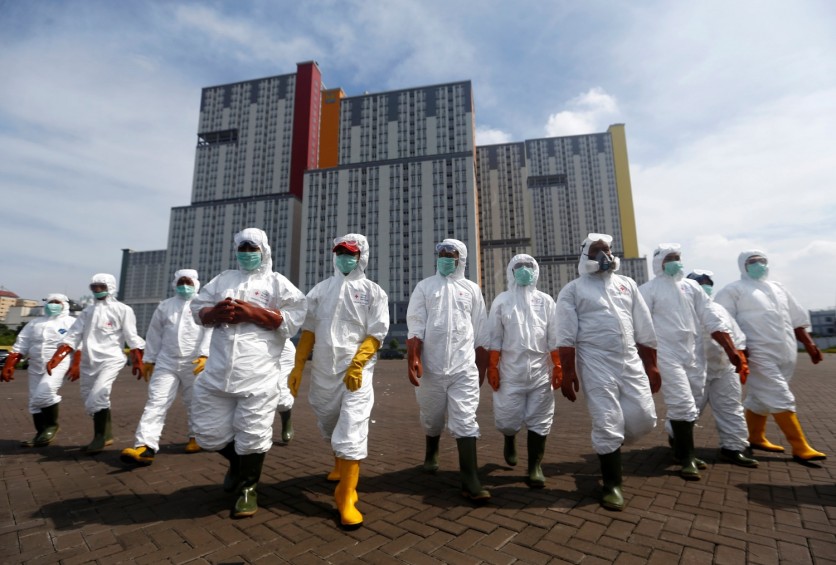
Amid the coronavirus pandemic happening worldwide, doctors are continuously facing make life-or-death decisions every day on who gets treatment. Researchers in China are now developing an artificial intelligence tool to help doctors with those complex issues.
The move, however, raises another complicated question. Should AIs bother making medical life-and-death decisions?
Doctors to make speedy decisions on curing people
Doctors in the crowded chaos of a hospital handling a pandemic should make speedy clinical choices about the remedy of one affected person over another. One argument is for someone with a higher chance of fighting off the disorder with resources instead of a person with minimal chance of survival.

The intention, according to a report by independent global think tank ODI, is to prevent the worst-case scenarios. One had little danger anyway, the others denied remedy, or the other patients with the most considerable risk of death gets treatment first.
Chinese researchers started with a piece of artificial intelligence tool that assists medical doctors to make a more knowledgeable decision amongst competing Covid-19 patients.
ALSO READ : This A.I. System Can Detect Possible Coronavirus Infection in Less Than A Blink of An Eye!
Researchers from the Huazhong University of Science and Technology (HUST) and Tongji Hospital in Wuhan told South China Morning Post they improved an A.I. diagnostic tool to analyze blood samples in estimating survival rates.
The developers said the A.I. device completed 90 percent accuracy on the fatality and survival fees of more than 400 patients based on blood samples gathered from the date of admission to Tongji Hospital.
They released the results in their ongoing research on the preprint server Medrxiv.Org, a platform scientists from around the arena are the usage of to launch non-peer reviewed research on Covid-19.
A.I. to help undermanned clinical staff in coronavirus swamped hospitals
The paper said the builders, led via Yuan Ye, a professor with the college of artificial intelligence and automation at HUST, hope to improve the accuracy of the device with a more extensive database soon.
The researchers say A.I. should help understaffed clinical staff with confined time and resources determine which individual gets treatment first.
Yuan and the team claimed there is currently no available prognostic biomarker to distinguish patients that require immediate medical attention and associated mortality rate.
New A.I. tool to detect, early intervene, and reduce of mortality rate among cases
When the outbreak of Covid-19 was first detected in Wuhan, doctors and scientists knew little about the new virus causing the chaos.
Some patients with slight signs and symptoms and no underlying health issues could all at once deteriorate into critical condition. When they have been rushed into an in-depth care unit and established on life support, fatal harm could have already been done.
The researchers, with the help of the A.I., intend to identify high-chance sufferers earlier than irreversible lung lesions occur.
The use of the brand new A.I. tool could enable "detection, early intervention, and potential reduction of mortality in high-danger sufferers," the researchers said.
According to Yuan, the accuracy of A.I. was influenced by while a blood sample was taken from a patient, with later samples being more precise. But he claimed in advance samples should still go back an accuracy price of 90 percent cent or higher on the patient's likelihood of survival.
Researchers stated it is still unclear whether the tool could be used outside Wuhan. Yuan said machine learning is a black box primarily shaped by the data it is fed. He added the tool may need to evolve continuously, just like the virus to adapt to different environments and people.
ⓒ 2026 TECHTIMES.com All rights reserved. Do not reproduce without permission.




